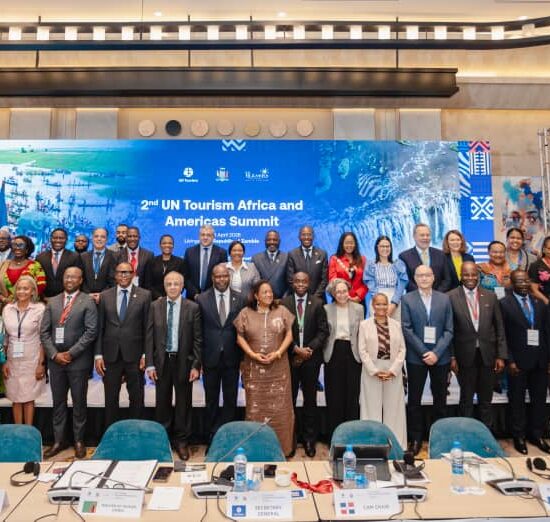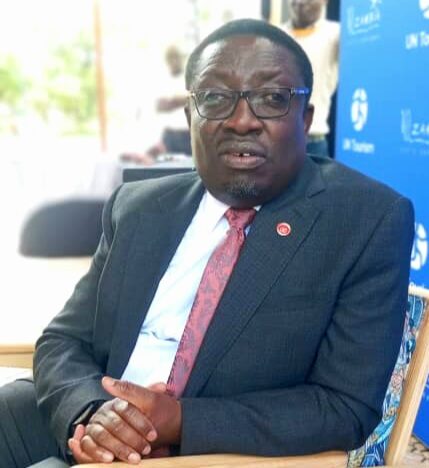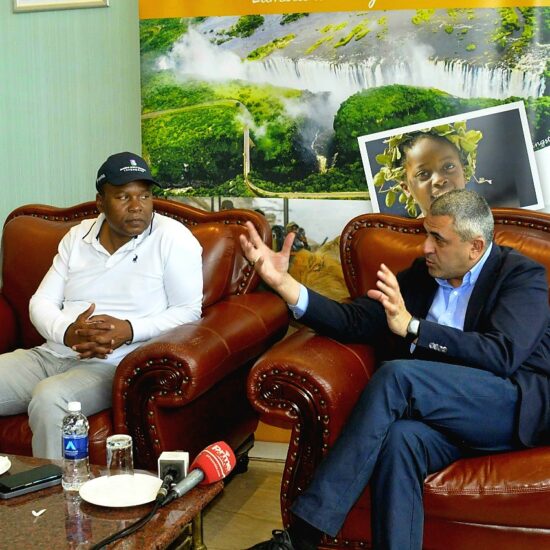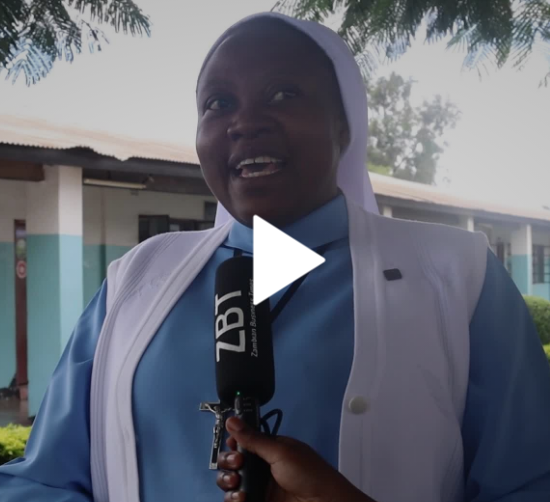Economist Yusuf Dodia emphasized the urgent need for Zambia to tap into the cost-saving potential of railway transport as a means to alleviate the country’s heavy reliance on expensive road transport due to high fuel costs.
Speaking in an interview with the Zambian Business Times – ZBT, Dodia who is also the Chairperson for the Private Sector Development Association PSDA, highlighted that switching to rail transport, which is significantly more economical, could play a pivotal role in reducing fuel consumption and enhancing cost-effectiveness, particularly for commerce, trade, and industry.
Dodia questioned the prevailing preference for buses and trucks for long-distance travel within the country and stressed the substantial cost advantages offered by the railway system.
By way of example, he pointed out that a bus ticket priced at about K450 for a journey from Lusaka to Kasama could be reduced to just K25 with the utilization of rail transport.
Dodia underscored that while it may not be feasible to reduce the cost of fuel due to the country’s reliance on imports, a shift towards more economical transport modes like railways could help mitigate the impact of high fuel expenses.
Furthermore, Dodia urged the government to review its electricity policy, advocating for the nationalization of the sector to enable more affordable access to electricity for the public.
He raised concerns about the current scenario where investors are charging the national utility company, ZESCO, between 11 and 13 US cents per kilowatt hour for electricity.
Dodia argued that the situation ultimately leads to ZESCO subsidizing consumers at its own expense, and suggested that nationalizing the entities involved could result in more affordable electricity prices for Zambians.
Additionally, Dodia stressed the importance of enhancing the efficiency of the Ministry of Science and Technology to capitalize on opportunities in artisanal and skills-related fields, providing substantial support for small and medium-sized enterprises (SMEs) to thrive.
“Why are we using buses and trucks to travel across the country, when we could be using trains of which the railway system is 25 times cheaper than road transport, meaning that a bus ticket from Lusaka to Kasama which is around K450 will now be K25, why have we not chosen that route to deal with the cost of fuel, we can’t reduce the cost of fuel because we do not produce it but we can reduce the consumption and make it more cost-effective, especially for commerce, trade and industry” he said.
Meanwhile, Dodia echoed that there is also a need for the Government to revisit the Policy on electricity, in terms of Nationalizing the sector to enable cheaper accessibility.
“We have seen investors who have invested in Maamba, Ithezhi tezhi, and others eji don’t want to run their businesses at a loss, they are charging ZESCO between 11 and 13 US cents per kilowatt hour, and they are saying to ZESCO if you sell it to the public that is your problem, and they sell to ZESCO under the power purchase agreement and then ZESCO comes and says we are subsiding you the consumer because we are buying at 12 cents and selling at 5 and we are making a loss of 7 cents, I would argue that ZESCO is helping the investors to profit off the people of Zambia, because if ZESCO owned the entities they would be selling power to Zambians at a price which is affordable,” he said.







